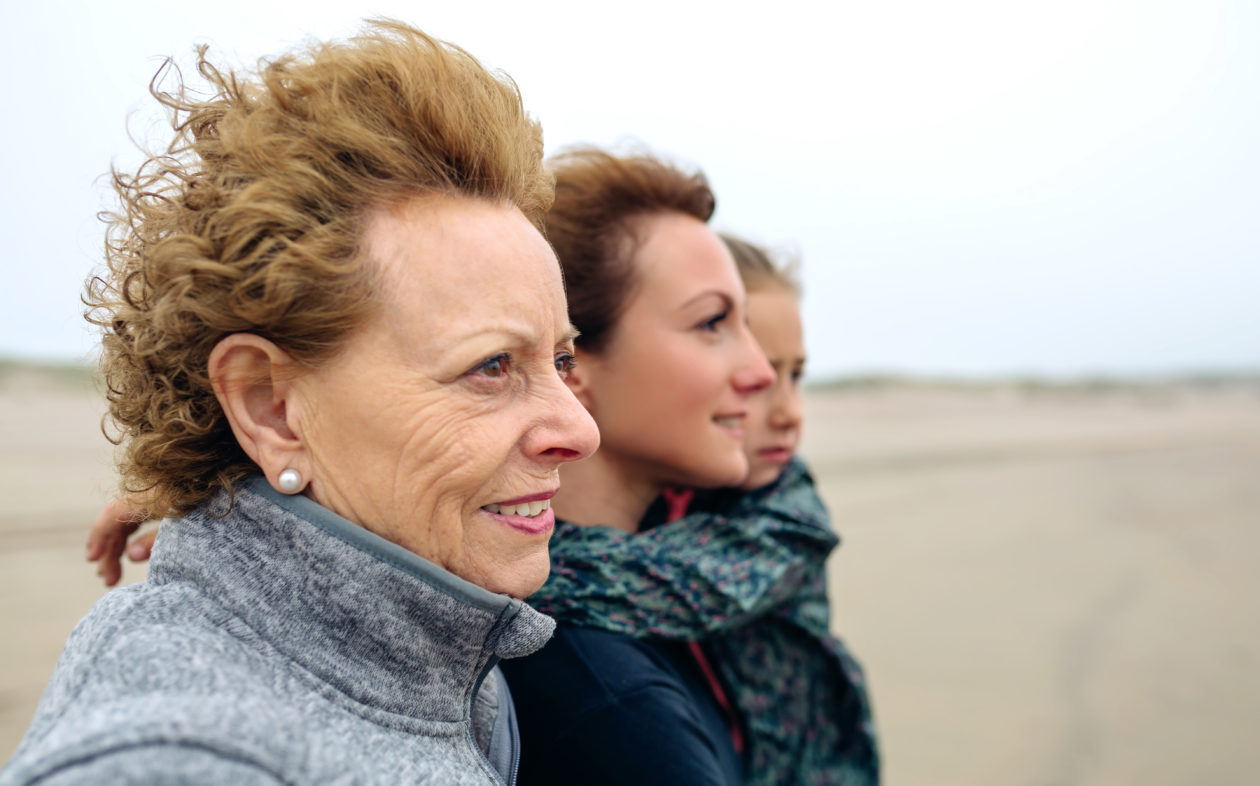What to do if someone is showing signs of dementia
If you or someone you know is experiencing early signs or symptoms of dementia, the thought of seeing a doctor can be frightening.

But if you are concerned, going along to see a GP is very important, for lots of reasons.
Firstly, many conditions, such as stroke, depression and infections, side effects from medications, as well as normal ageing, can cause dementia-like symptoms. So it’s important not to assume any changes are due to dementia. If the symptoms are caused by a treatable condition, they can be diagnosed and treated, and may improve.
However, if the symptoms are caused by dementia, an early diagnosis means early access to support, information, and appropriate medication, and the opportunity to plan for the future.
If you are worried about yourself:
Consider opening up and talking to someone you know and trust about what you’re experiencing. It is a really good idea to ask someone to go to the GP appointment with you, rather than going alone.
Don’t be afraid to ask for a longer appointment than normal if you feel you need it. Make a list of questions before you go if you think that will help. Speak up and ask your questions, and ask the doctor to write things down if needed.
The GP should provide advice and support, listen to your opinions, explain things so you can understand them, answer your questions and make you feel comfortable and respected. If you think you’re not getting that from your GP, don’t hesitate to look for another or to ask around and see if someone can recommend one.
If you do receive a diagnosis of dementia, know that you are not alone. Reach out to your local organisation to connect with help and support in your area. There are also online peer support groups you can get involved with, such as those run by Dementia Alliance International.
If you are worried about someone else:
It can feel difficult to voice our concerns. We may be worried that we will hurt someone’s feelings or cause them to feel worried or scared unnecessarily. Equally, we may find that the person is in denial or does not recognise the changes you may have noticed.
Though these conversations can be challenging to have, it is possible to do so sensitively and mindfully. Choosing a place that is familiar and comfortable, and allowing plenty of time so the conversation isn’t rushed, can all help.
As too can suggesting that the person go along to see their GP for a general, routine health check, which we should be doing more often as we get older anyway. You could also gently remind them that the symptoms you have noticed could be caused by one of the treatable conditions mentioned above.
If the person still does not want to see a GP, you may want to consider mentioning your concerns to their GP yourself. Patient confidentiality means the GP is not able to give out information about a patient, but they are able to receive information. However, it is up to the individual GP whether they decide to take any action on information received, so it’s always better for the person to speak to the GP themselves.
You can also talk with your local organisation for more help and support on this issue.
If you or someone you know is showing signs and symptoms of dementia, it’s important to reach out and talk to someone about what’s going on. And, if you or the person do receive a diagnosis of dementia, acknowledging the diagnosis is an important first step. As a person with dementia told us, “Acceptance brings its own gift of peace.”

